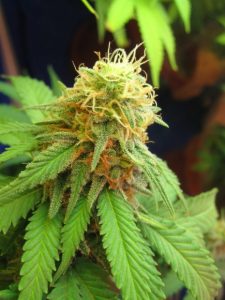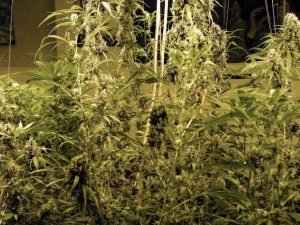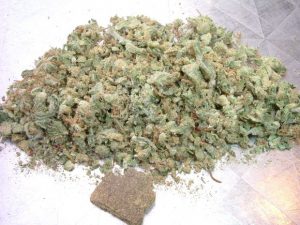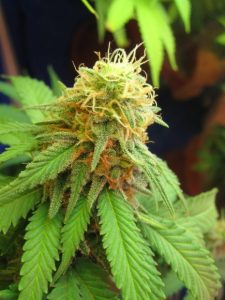Regardless of what the marijuana laws are in individual states, those who cultivate, process, store, package and distribute marijuana remain at risk for criminal penalties and civil forfeiture so long as federal statutes outlaw the drug. 
Case-in-point: In January, officials with the U.S. Drug Enforcement Administration, alongside police officers from the San Diego Police Department, raided Med-West Distribution. This was a legal medical marijuana business that carved its niche refining cannabis oil for use in vaporizer pen devices. Officers decked out in helmets, tactical vests and heavily armed barged in, pointed guns at workers, handcuffed those inside and scoured the property for valuables. They seized a safe with $325,000 in cash. Officers high-fived one another as they left. Subsequent to that, in June, local police served to seizure warrants on the business’s cash as well as on the owner’s own family. The department pilfered nearly $100,000 from the family’s personal savings and checking accounts – funds that are totally unrelated to Med-West. Their two teen daughters lost their entire college savings – about $11,300.
The owner today says he is baffled. He was operating a marijuana business legally in compliance with state laws and local regulations. Neither the owner nor his wife has been charged with any crime. None of his employees, several of whom were arrested, were indicted in connection with that raid. And yet, the police department has refused the family’s repeated requests to return their money. Further, prosecutors have yet – more than 10 months after the fact – to file a civil forfeiture action against their bank accounts. Continue reading

 Cannabis Law Group's Medical Marijuana Legal Blog
Cannabis Law Group's Medical Marijuana Legal Blog













